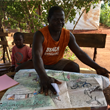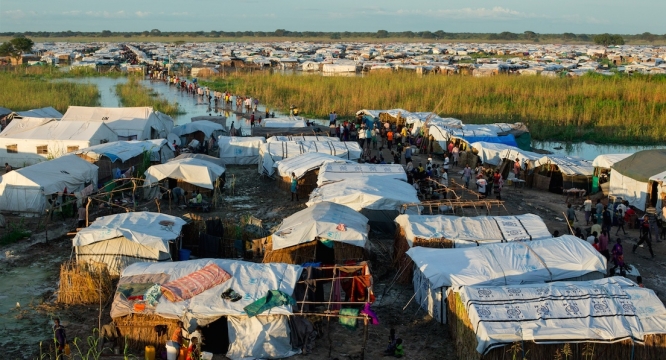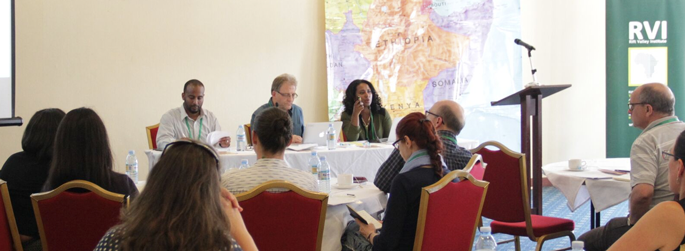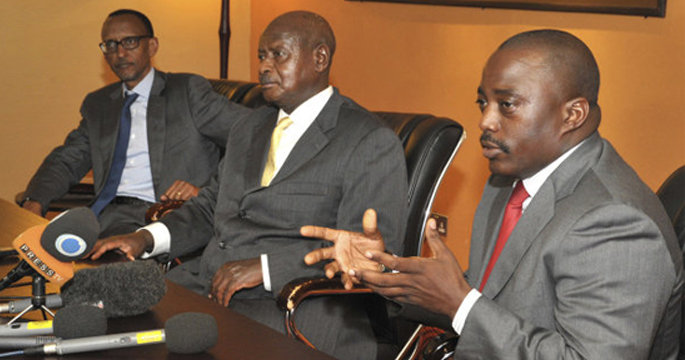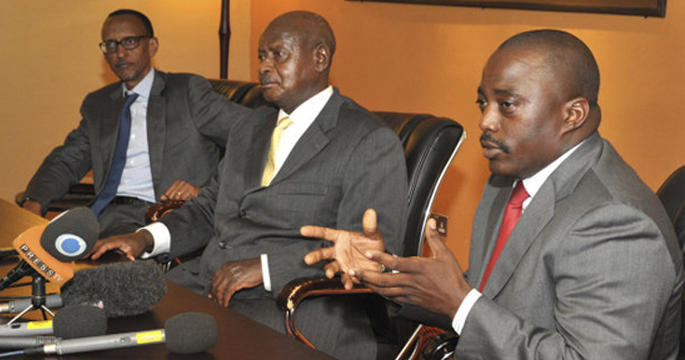RVI’s ongoing South Sudan Customary Authorities Project is seeking to deepen understanding of the changing role of chiefs and traditional authorities in South Sudan. As part of this project, RVI has trained a team of researchers in oral history to conduct…
News
SEARCH
NEWS TYPES
REGION
We Kissed the Ground is the dramatic first-hand account of a young man’s attempt to migrate to Europe from Somaliland and the hardships of the journey through Ethiopia, Sudan and Libya, a journey attempted by many young Somalis and commonly…
RVI’s ongoing South Sudan Customary Authorities Project is seeking to deepen understanding of the changing role of chiefs and traditional authorities in South Sudan. As part of this project, RVI has trained a team of researcher in oral history…
In May and June, the Rift Valley Institute will hold the 2018 annual field courses in Sagana, Kenya. Now in their fifteenth year, each course examines a different sub-region within eastern and central Africa: Sudan and South Sudan, the Great…
Ce billet a été écrit par Yolande Bouka et Judith Verweijen, les Co-directrices d’études du Stage d’études sur la région des Grands Lacs 2018 qui aura lieu au Kenya du 3 au 8 juin. Yolande et Judith seront rejoints par une équipe d’experts…
This blog post was written by Yolande Bouka and Judith Verweijen, the Co-Directors of Studies for the Rift Valley Institute’s Great Lakes Field Course, which will be taking place in Sagana, Kenya from 3-8 June 2018. Yolande and Judith will be joined…
Recent Publications

EWNET Writes: Writing Workshop Session I
December 18, 2025
The Ethiopian Women Researchers Network (EWNET) inaugural writing workshop series aims to not only provide women researchers with uninterrupted time for their scholarly projects, but also build a supportive academic community. The first session, entitled ‘EWNET Writes: Writing Workshop Session

SSC-Khaatumo: Perspectives on the significance and implications of its formation
December 12, 2025
On 15 April 2025, during a visit to the city of Las Anod in Sool, Prime Minister Hassan Abdi Barre officially declared the federal government’s recognition of SSC-Khaatumo (SSC-K hereafter) as a federal member state, marking an important milestone in

Aid and Conflict Sensitivity in Contemporary Ethiopia
November 17, 2025
This study assesses conflict sensitivity practices among humanitarian, development and peacebuilding (HDP) actors in Ethiopia. It seeks to raise awareness and foster a deeper understanding of the evolving aid landscape in the country while analysing the challenges that affect conflict-sensitive

